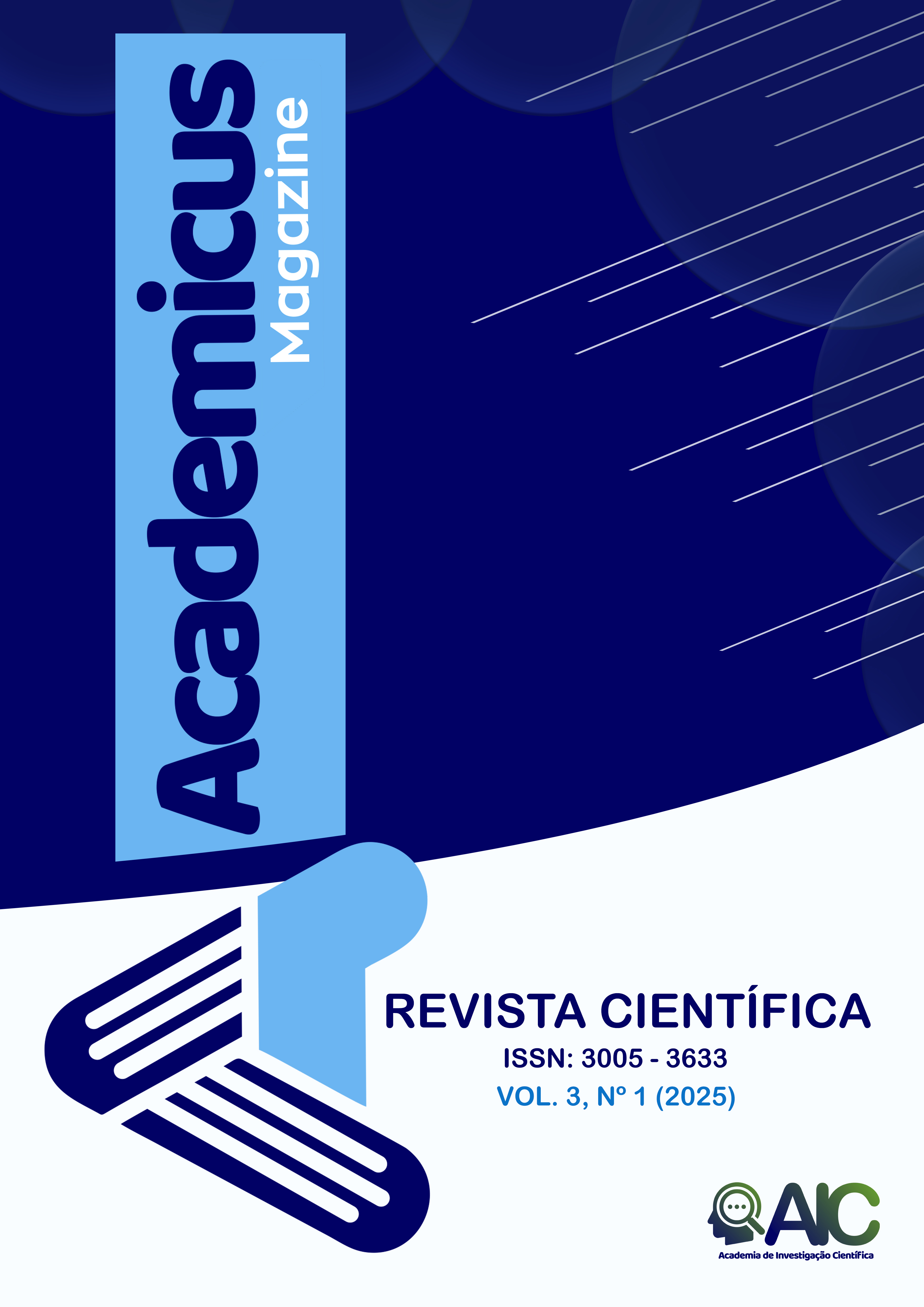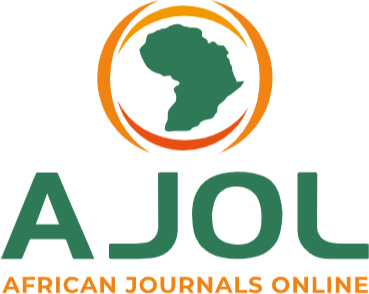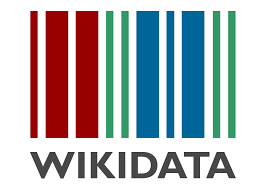The role of multiple household income source in enhancing livelihood in western zone Tanzania
DOI:
https://doi.org/10.4314/academicus.v3i1.5Keywords:
household households livelihood of the, Rural household, income diversification, katavi, kigoma, TanzaniaAbstract
Rural households in developing countries face significant challenges in achieving sustainable livelihoods, with dependence on a single income source often leaving them vulnerable to poverty and food insecurity. This study examines the role of income diversification in promoting livelihood sustainability in Tanzania’s western zone, specifically Kigoma and Katavi regions, which are characterized by high poverty levels and a large refugee population. Income diversification is highlighted as a vital coping strategy for addressing climate variability, low agricultural productivity, and inadequate infrastructure. Using a cross-sectional research design, data were collected from 510 respondents through structured questionnaires, and a multinomial logit model was used for analysis. The findings show that households engaging in diverse income-generating activities—such as agriculture, livestock rearing, small businesses, and fishing—achieve greater food security and income stability. Key determinants of income diversification include education, gender, land access, and infrastructure. The study recommends policies to enhance equitable access to agricultural inputs, financial services, and gender-inclusive opportunities, while promoting non-farm income activities, improving market access, and investing in critical infrastructure. These findings underscore the importance of diversified income strategies in reducing vulnerability and building resilience among rural households
References
Abate, G. T., Bachewe, F. N., Regassa, M. D., & Minot, N. (2023). Rural income diversification in Ethiopia: Patterns, trends, and welfare impacts (Vol. 2154). Intl Food Policy Res Inst.
Abdi, A. H., Mohamed, A. A., & Mohamed, F. H. (2024). Enhancing food security in sub-Saharan Africa: Investigating the role of environmental degradation, food prices, and institutional quality. Journal of Agriculture and Food Research, 101241.
Aikaeli, J. (2021). Determinants of rural income in Tanzania: An empirical approach. Research on Poverty Alleviation (REPOA).
Ayele, G., & Kayamo, Y. H. (2023). Determinants of smallholder farmers’ access to formal credit: A case of Bilate Zuria Woreda, Sidama national regional state, Ethiopia. African Journal of Economic and Business Research, 2(1), 83-101.
Barney, J. (1991). Firm resources and sustained competitive advantage. Journal of Management, 17(1), 99–120. https://doi.org/10.1177/014920639101700108
Beyene, A., Fikir, D., & Kebede, D. (2022). Income diversification and resilience among rural households in Ethiopia. African Journal of Rural Development Studies, 5(3), 123–140.
DFID. (1999). Sustainable livelihoods guidance sheets. Department for International Development (DFID).
Dimoso, R.L., & Andrew, F. (2021). Rural Electrification and Small and Medium Enterprises’ (SMEs) performances in Mvomero District, Morogoro, Tanzania, J. Bus. Sch. 4 (1): 48–69, https://doi.org/10.26677/TR1010.2021.717
Dimova, Ralitza & Sen, Kunal. (2010). Is Household Income Diversification a Means of Survival or a Means of Accumulation? Panel Data Evidence from Tanzania.
FAO. (2023). State of food security and nutrition in the world 2023. Rome: Food and Agriculture Organization of the United Nations
Fasha, G. S., & Minde, A. (2020). Livelihood assessments among small-holder farmers in the Southern agricultural growth corridor in Tanzania: Lessons from households in ihemi cluster. Tanzania Journal of Agricultural Sciences, 19(2), 116-130.
Gallehdarvand, Hooshmand & Rezaee, Azam & Joolaie, Ramtin. (2024). Assessment of Food Security in Development Programs and its Relationship with Inequality of Income Distribution in Rural Areas of Iran. Agricultural and Food Economics. 1. 70-78. 10.61186/ame.1.2.70.
Jamaldin, S. (2024). Impact of banana production on smallholder farmers’ livelihoods in Missenyi district, Tanzania. NG Journal of Social Development, 14(1), 62–78. https://dx.doi.org/10.4314/ngjsd.v14i1.5
Jamaldin, S. (2024). The influence of seed selection on coffee production and farmers’ livelihood in Kagera region. Journal of Policy and Development Studies, 17(1), 152-167 https://dx.doi.org/10.4314/jpds.v17il.13
Kassie, G. W., Kim, S., & Fellizar Jr, F. P. (2017). Determinant factors of livelihood diversification: Evidence from Ethiopia. Cogent Social Sciences, 3(1), 1369490.
Kitole, F.A., & Sesabo, J.K. (2022). Smallholder Livestock Keepers’ Breeding Choices and Its Implication on Poverty Reduction in Developing Countries: Empirical Evidence from Tanzania. Glob Soc Welf 9, 241–251. https://doi.org/10.1007/s40609-022-00252-9
Kitole, F. A. (2023). Economics of Agricultural Development: World Food Systems and Resource Use,: Fourth Edition, Edited by George W. Norton, Jeffrey Alwang, and William A. Masters, 2022, 2 Park Square, Milton Park, Abingdon, Oxon OX14 4RN, Routledge. Agrekon, 62(2), 194–196. https://doi.org/10.1080/03031853.2023.2181831
Kitole, F. A., & Sesabo, J. K. (2024). Tourism-driven livelihood dynamics: A comprehensive empirical study of Mount Kilimanjaro National Park communities in Tanzania. International Journal of Geoheritage and
Parks, 12(3), 416–433. https://doi.org/10.1016/j.ijgeop.2024.07.001
Kitole, F. A., & Utouh, H. M. L. (2023). Foreign direct investment and industrialization in Tanzania admixture time series forecast analysis 1960 - 2020. Applied Economics Letters, 31(20), 2110–2117. https://doi.org/10.1080/13504851.2023.2211324
Kitole, F. A., Sesabo, J. K., Adesiyan, O. F., Ige, A. O., Ojo, T. O., Emenike, C. U., Khumalo, N. Z., Kassem, H. S., & Elhindi, K. M. (2024). Greening the Growth: A Comprehensive Analysis of Globalization, Economic Performance, and Environmental Degradation in Tanzania. Sustainability, 16(24), 10983. https://doi.org/10.3390/su162410983
Kitole, F.A., Lihawa, R.M. & Nsindagi, T.E. (2023). Agriculture Productivity and Farmers’ Health in Tanzania: Analysis on Maize Subsector. Glob Soc Welf 10, 197–206 (2023). https://doi.org/10.1007/s40609-022-00243-w
Kitole, F.A., Mbukwa, J.N., Tibamanya, F.Y., & Sesabo, J.K (2024). Climate change, food security, and diarrhoea prevalence nexus in Tanzania. Humanit Soc Sci Commun 11, 394 (2024). https://doi.org/10.1057/s41599-024-02875-z
Kitole, F.A., Sesabo, J.K., & Lihawa, R.M. (2023). Instrumental variable approach on analyzing risk factors associated with noncommunicable disease prevalence in Tanzania: a nonexperimental design. Health Sci Rep. 2023; 6:e1585. https://doi.org/10.1002/hsr2.1585
Kitole, F. A., & Genda, E. L. (2024). Empowering her drive: Unveiling the resilience and triumphs of women entrepreneurs in rural landscapes. Women's Studies International Forum, 104, 102912. https://doi.org/10.1016/j.wsif.2024.102912
Lemessa, A., & Gemechu, A. (2016). Analysis of factors affecting smallholder farmers’ access to formal credit in Jibat District, West Shoa Zone, Ethiopia. International Journal of African and Asian Studies, 25, 43-53.
Mangula, M., Kuzilwa, J., Msanjila, S., & Legonda, I. (2019). Energy sources for cooking and the determinants of its choices in rural areas of Tanzania. Tengeru Community Development Journal, 6(1), 342–354.
Mapunda, F. M. (2024). Impact of off-farm Employment on Rural Household Food and Nutrition Security: Evidence from the Southern Highland Regions of Tanzania. African Journal of Economic Review, 12(4), 1-20.
Mhagama, G., & Heriel, E. (2023). Determinants of household energy use for cooking in Tanzania. Rural Planning Journal, 25(2), 44. https://doi.org/10.59557/rpj.25.2.2023.44
Mpfubhusa, F.L. (2024). Evaluating the Impact of Risk Management Strategies on the Success of Financial Enterprises in Kigoma, Tanzania. NG Journal of Social Development. Vol. 14
Mpfubhusa, F.L. and Mushi, B (2024). Drivers of Rural women Participation in Income Generating Activities in Mufindi District-Iringa. NG Journal of Social Development. Vol. 14
Mpfubhusa, F.L. and Mushi, B (2024). Entrepreneur Satisfaction and Challenges in the Machinga Complex in Dodoma city, Tanzania. Journal of Social Development. Vol. 14
Mushi, B. (2024). Willingness to Pay for Sustainable Solid Waste Management in Dodoma Urban District, Tanzania. Journal of Policy and Development Studies, 17(1), 181-198.
Mwajombe, A. R., & Liwenga, E. T. (2022). Contribution of wild edible plants to household livelihood in a semiarid Kondoa District, Tanzania. World Food Policy, 1-23. https://doi.org/10.1002/wfp2.12050
NBS (National Bureau of Statistics). (2022). Sensa ya watu na makazi ya mwaka 2022: Matokeo ya mwanzo.
Ntwalle, J. A. (2019). Determinants of Tanzania rural households’ income diversification and its impact on food security.
Ojo, T.O.O., Adesiyan, O.F., Ige, A.O., Emenike, C.U., Kassem, H.S., Elhindi, K.M., Kitole, F.A., & Sesabo, J.K. (2024). The role of sustainable land management practices in alleviating household food insecurity in Nigeria. Front. Sustain. Food Syst. 8:1414243. https://doi.org/10.3389/fsufs.2024.1414243
Omari, A. M., Tesha, M. J., & Sarakikya, M. H. (2020). Energy generation from biomass in Tanzania: Impacts and challenges. International Journal of Engineering Research and Technology, 9(5), 789–793. https://doi.org/10.17577/ijertv9is050371
Roothaert, R., Mpogole, H., Hunter, D., Ochieng, J., & Kejo, D. (2021). Policies, multi-stakeholder approaches, and home-grown school feeding programs for improving quality, equity, and sustainability of school meals in northern Tanzania. Frontiers in Sustainable Food Systems, (621608). https://doi.org/10.3389/fsufs.2021.621608
Sesabo, J. K., & Tol, R. S. (2005). Factors affecting income strategies among households in Tanzanian coastal villages: implications for development-conservation initiatives. Research Unit Sustainability and Global Change, Hamburg University Working Paper FNU-70.
Tesfa, D. (2014). Studies on the Impact of Climate Change on Agricultural Investment and Coping Strategies: The Case of Metema Woreda, North Gondar Zone, Ethiopia (Doctoral dissertation, St. Mary's University).
URT (United Republic of Tanzania). (2022). Tanzania National Bureau of Statistics (NBS) Household Budget Survey Report 2021. Dar es Salaam, Tanzania
URT (United Republic of Tanzania). (2023). Agricultural Sector Development Program (ASDP II): Annual Progress Report. Dar es Salaam, Tanzania
Utouh, H. M. L., & Kitole, F. A. (2024). Forecasting effects of foreign direct investment on industrialization towards realization of the Tanzania development vision 2025. Cogent Economics & Finance, 12(1). https://doi.org/10.1080/23322039.2024.2376947
Wanjala, B. M., & Muradian, R. (2013). Can big push interventions take small-scale farmers out of poverty? Insights from the Sauri Millennium Village in Kenya. World Development, 45, 147-160.
World Bank. (2022). The state of food security and nutrition in the world 2022. Washington, DC: World Bank
World Bank. (2023). Poverty and shared prosperity 2023: Achieving inclusive growth. Washington, DC: World Bank
Yirdaw, A. (2021). Determinants of Access to Formal Credit for Small Land Holder Farmers: A Case in Bahir Dar Zuria Woreda (Doctoral dissertation).
Downloads
Published
How to Cite
Issue
Section
License
Copyright (c) 2025 Academicus Magazine

This work is licensed under a Creative Commons Attribution-NonCommercial-NoDerivatives 4.0 International License.






















